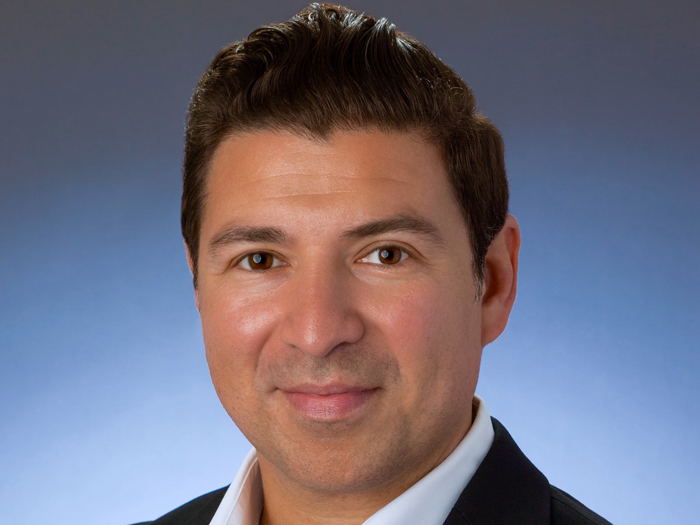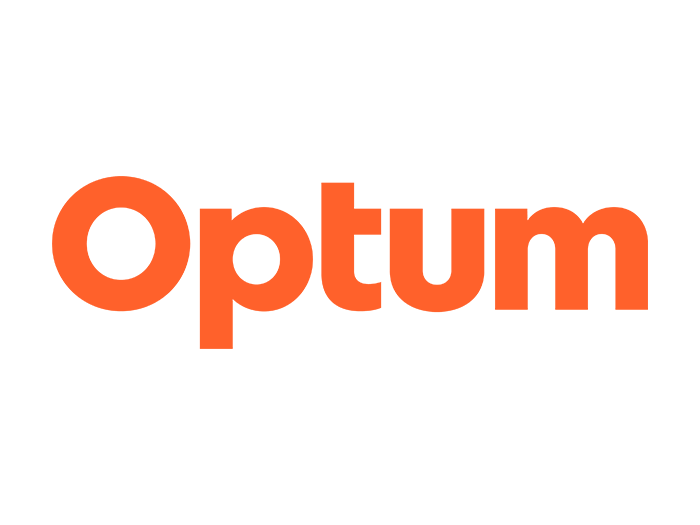Risk Insider: Jack Hampton
High Five to the Spencer Foundation
Each September, the Spencer Educational Foundation holds an annual gala for insurance industry professionals in New York City. The fundraiser provides support for college and university students in insurance and risk management programs across the United States and Canada.
The Foundation arranges internships for students and supports risk manager-in-residence programs on college campuses. Some students, known as Spencer Scholars, receive substantial financial aid.
Risk management and insurance at the undergraduate level? Many people scoff at the idea.
Colleges should focus on developing skills in critical thinking and written and oral communications, they say. Students should learn how to analyze problems and work on teams. Liberal arts is the way to go. The formative college years should not be wasted on vocational training.
Rather than debate the merits of a liberal arts foundation, supporters of Spencer applaud it. The 80 or so programs in insurance and risk management all build on a liberal arts foundation. Spencer scholars take the same history, psychology, and English courses as majors in theology, philosophy, and sociology.
The first two years provide breadth in thinking, writing, and communicating for all students, whether they finish in the arts, sciences, business, or education. The last two years offer depth in a single discipline, building skills and knowledge.
As an example, a Spencer Scholar studying risk management examines issues like those facing Etna Confectionery. The company owns three facilities within five miles of the crater on Mount Etna in Sicily. It converts locally-grown fruit into candy sold throughout Europe.
The European Union issued a mandate to the company to build a larger facility. Students were asked to recommend a location.
Rather than debate the merits of a liberal arts foundation, supporters of Spencer applaud it. The 80 or so programs in insurance and risk management all build on a liberal arts foundation. Spencer scholars take the same history, psychology, and English courses as majors in theology, philosophy, and sociology.
Options included staying on the slope of the most active volcano in Europe or moving to Messina, a safe distance from the crater but still local enough for supply of raw materials. The Messina location involves a higher capital cost, more expensive operations, and likely lower profits.
Question for the students. What are the major risks? Financial, economic, strategic, and management challenges were identified, but they needed to go deeper.
The discussion came alive when students realized the stark consequence of operating a few kilometers away from the crater of an active volcano.
They learned about an organization’s risk appetite. How much risk is it willing to take to gain the benefits that accrue from taking it?
The discussion on the issues facing the Etna Confectionery helped them move from the theoretical to the practical. This is the skill they need to start their careers.
The Spencer Foundation supporters realize the challenge is to help students learn that some risks matter and some not as much. Spencer Scholars, and for that matter all students exposed to risk managers-in-residence and supervised internships, learn to apply the lessons of liberal arts to solve problems that require critical thinking and creativity.
Students and parents are the customers of colleges. We all kind of know that.
Students are also the products of colleges. Colleges mold them, shape them, form them, and send them out into their professional lives.
Contact with industry professionals during one’s college years is not merely vocational training. Rather, it is a critically important component of developing an educated person.










